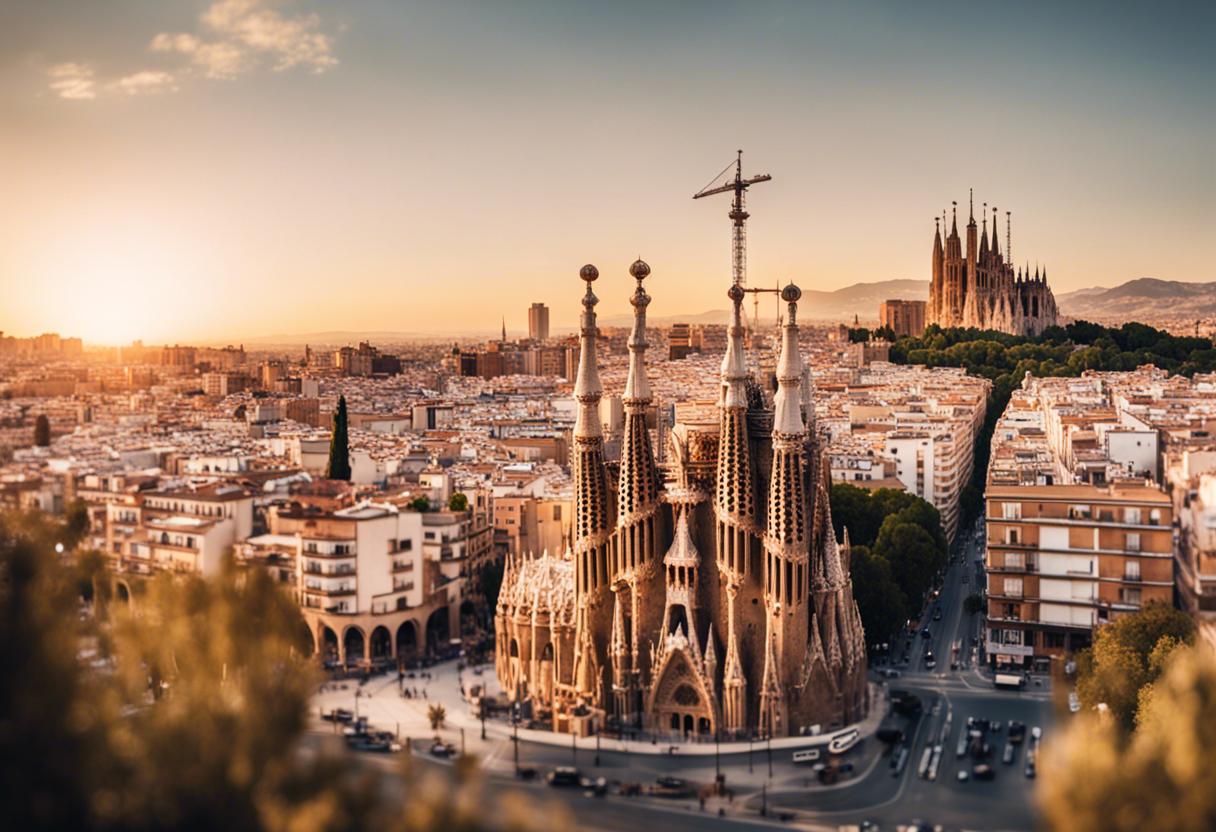Spain has welcomed opposition leaders from Venezuela, including Edmundo González, who sought refuge after his involvement in the recent disputed Venezuelan election. González, 75, arrived in Madrid aboard a Spanish aircraft on a Sunday. José Manuel Albares, the Spanish foreign minister, confirmed that González requested asylum, to which there were “no doubts” about its processing by the Spanish government.
Venezuelan opposition data suggests that González defeated incumbent president Nicolás Maduro by a significant number in the election held on July 28th, an outcome Maduro denies, causing international outrage. Post-election, González disappeared from public domain, and in early September, he faced an arrest warrant for various serious charges, such as forgery of public documents, conspiracy, and sabotage.
The opposition figure sought temporary refuge in the Dutch embassy and later the residence of the Spanish ambassador in Caracas before his departure for Madrid. In an audio message circulated by his supporters, González detailed his exit from Caracas as marked by “pressure, coercion, and threats.”
María Corina Machado, an opposition leader who endorsed González’s bid after she was prohibited from participating, remarked on social media that González fled due to threats to his life. Machado believes that Gonzalez will campaign from international grounds with the Venezuelan diaspora and aims to be officially declared president on January 10th, Venezuela’s inauguration day for elected figures.
In a recent interview with El País, minister Albares expressed Spain’s willingness to aid those in need. “We have consistently affirmed our commitment to safeguard the political rights and physical well-being of opposition leaders,” Albares mentioned. He further stressed Spain’s affinity with the Venezuelan people as they consider them brothers, and asserted their dedication to the Ibero-American family and democracy.
Spain has deep cultural and economic relationships with Venezuela, signified by the fact that at the beginning of 2023, 278,000 Venezuelan residents were officially living in Spain. This population is suspected to have grown due to the ongoing instability in Venezuela. Most of these migrants have roots in Spain as they are descendants of Spanish individuals who migrated to South America in the 20th Century. Spain-based businesses, especially in the sectors of energy and finance, have significant assets in the South American nation.
The situation in Venezuela has become a hot topic in Spain’s domestic politics. The conservative Popular Party (PP) regularly alleges that the leftist alliance of the ruling Mr Sánchez is enabling the Maduro administration. This group is pushing Spain to follow the path of the United States, which recognises Mr González as the president-elect of Venezuela. However, Spain aligns more with the European Union, which, though it doesn’t identify Mr Maduro as the winner of the election, refuses to recognise Mr González as the president-elect.
EDmundo González’s extraction is not seen as an act towards democracy by Esteban González Pons, a Member of the European Parliament from the PP. He argues that eviction without recognition of legitimacy simply benefits dictatorship, a strategy that Cuba would potentially adopt if faced with a similar situation. He also accuses Spain’s government of striking a pact with Maduro’s regime, a charge that Mr Albares rebuffs.
Spain has afforded refuge to other leaders from the Venezuelan opposition. For instance, in 2017, Antonio Ledezma, the ex-mayor of Caracas, made Spain his new home during the rule of the PP. Later in 2020, Leopoldo López, the founder of Popular Will movement also relocated to Madrid. Mr Ledezma interprets Mr González’s move to Spain as a further setback for Maduro.

